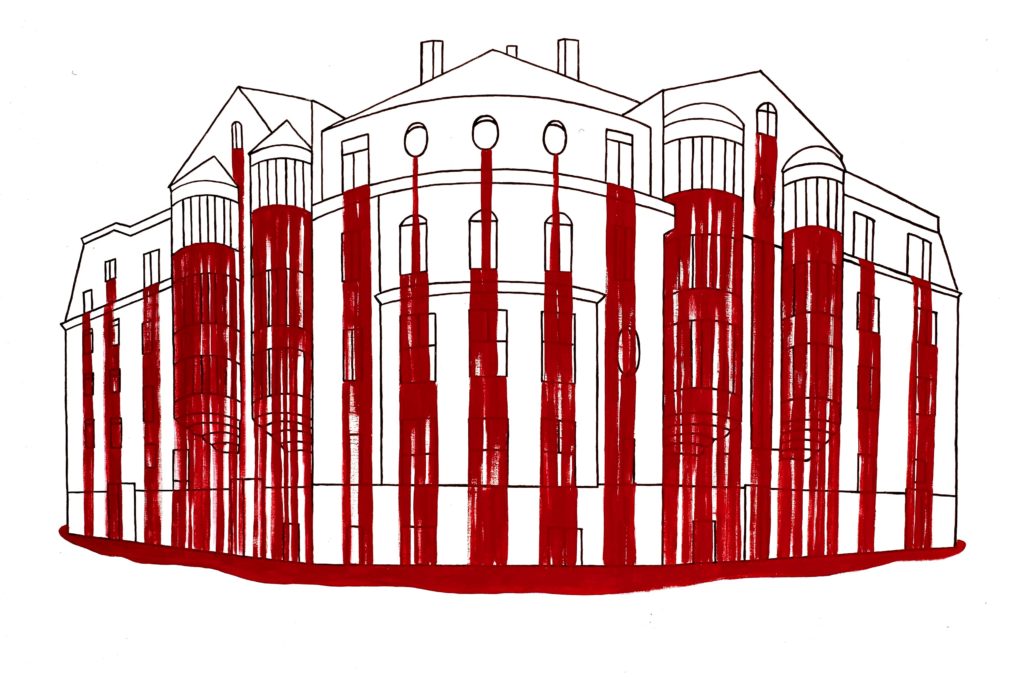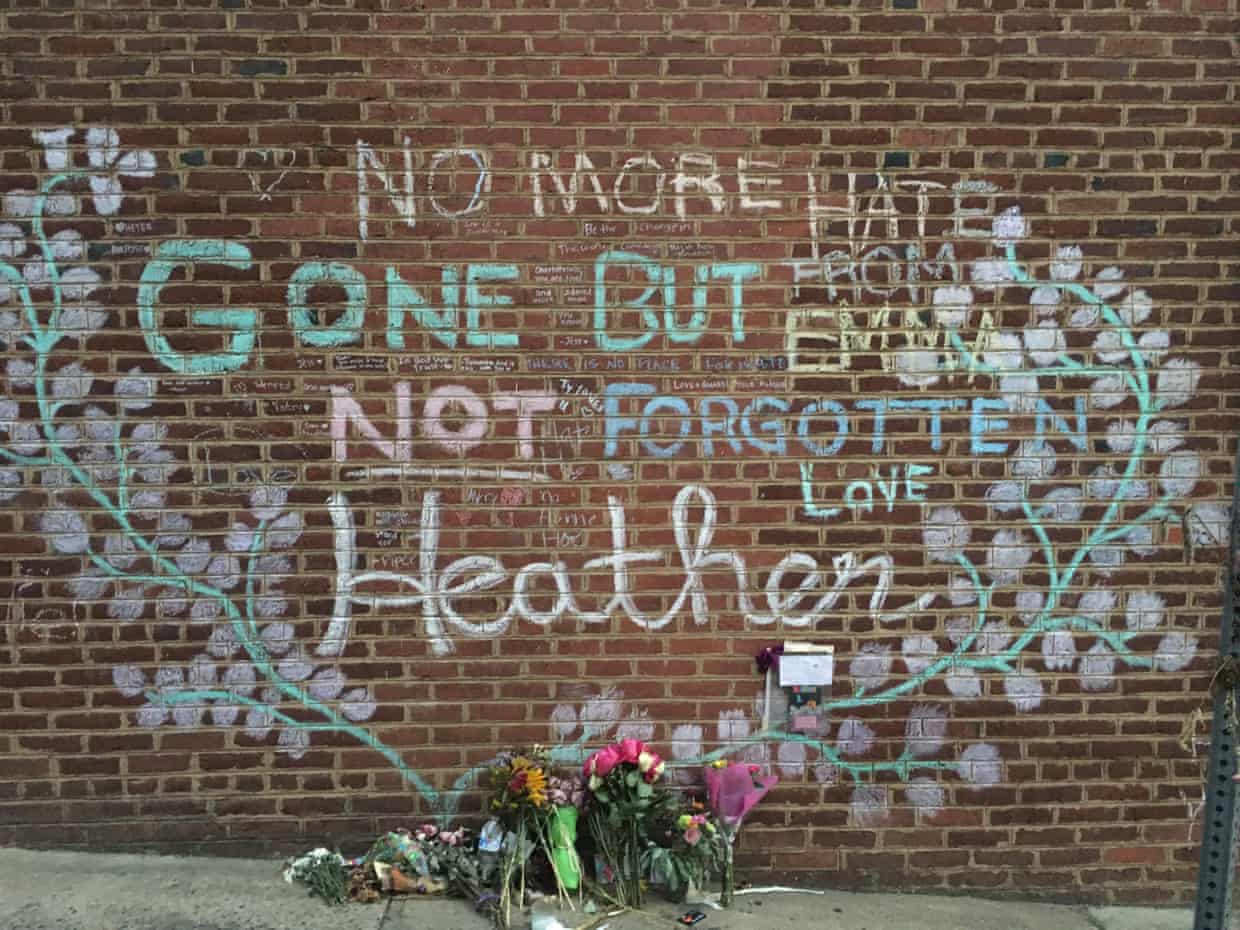
If we(?) were once thinking that roaming (aimlessly?) was by design or consent, turning down the stabilities we offered each other in apartments, families, agencies, institutions to do something like ‘create’ or discover, or in allergy to routine or the fear of reproducing the violence in the geneses responsible for the self or other traumas, roaming and wandering is now mandatory and enforced by global instability, housing crises, climate change, state and non-state cruelty.
How will we find, keep, hold each other in these intensifying conditions?
Will we be there as each other’s guarantors that we can live and die well, with love, cared for, suffering mitigated, feeling held or being seen, noted, remembered?
What was probably written in the 60s as a letter to the self and/or a relationship now sounds to me more like a letter to the corporate State and its reverberations.
(By Dora Bleu)
(Image Credit: Stranger at the Gate / Smithsonian Art Museum)
(Video Credit: YouTube)










